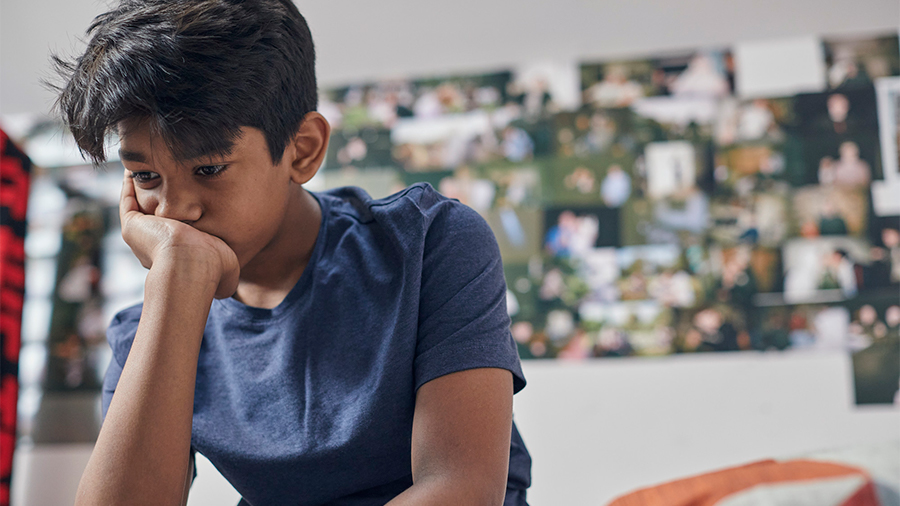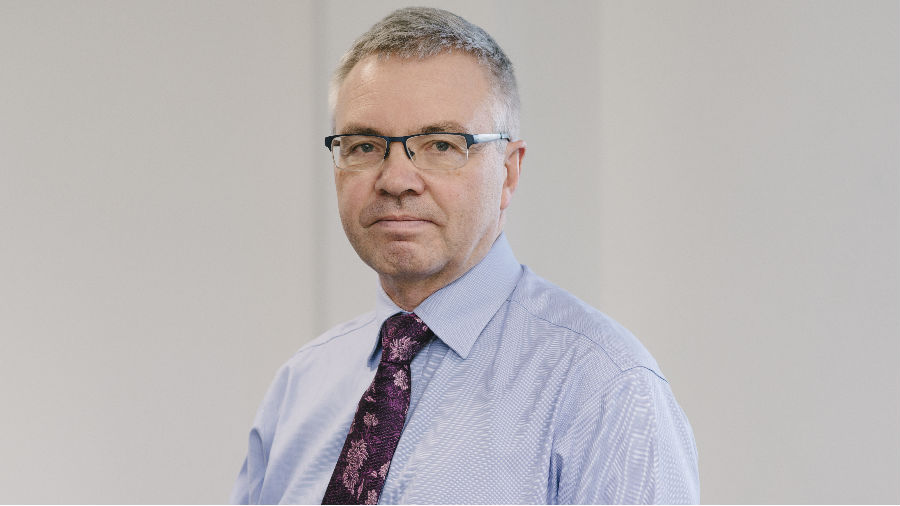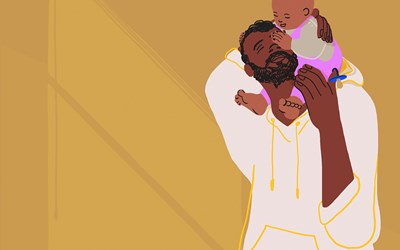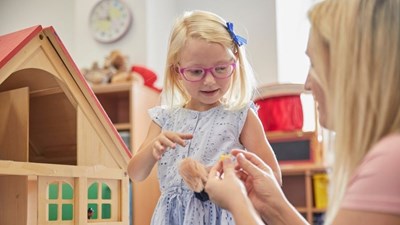The scale of children at risk is likely much higher than this with more than half a million children in the UK experiencing abuse or neglect a year.
Listen up, Speak up

We believe that abuse and neglect are preventable and that everyone can play their part in keeping children safe – and that is why we’re launching Listen Up, Speak Up.
The campaign has been endorsed by Olympic cyclist, Sir Bradley Wiggins, who last year spoke out publicly for the first time about being groomed by his training coach when he was thirteen years old.
Bradley buried his experiences and struggled cope and he said that if someone had spotted that he was suffering and had spoken out, he might have been able to get the help and support he needed much earlier.
This is a pilot phase, and in the long-term, we want to reach at least a million people in communities and organisations across the UK to equip them with practical advice and confidence to know what to do and who to speak to if they're concerned a child might be experiencing or is at risk of abuse or neglect.
Those that sign up to Listen Up, Speak Up will initially take a 10-minute digital training session that uses scenarios - a father concerned about messages his son is receiving, a hairdresser that notices bruises on a child and a friend worried about a new parent – to show people what to do if they think a child is in trouble.
The advice is based on the mnemonic DOTS which is designed to address the barriers to people acting on concerns.
DOTS stands for:
- Don’t ignore it
- Observe the situation
- Think: If not you, then who?
- Speak up.
Sign up and take the training







